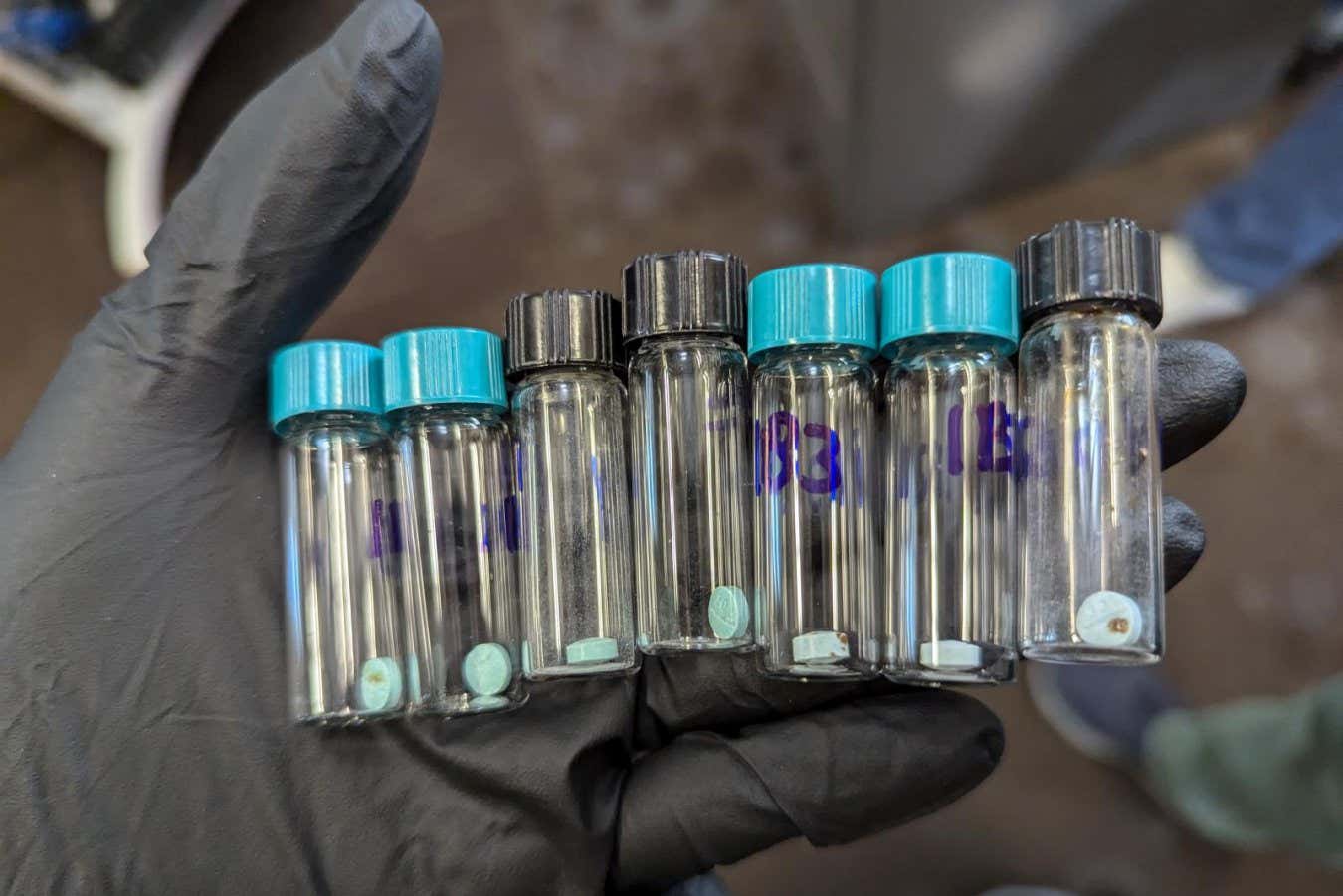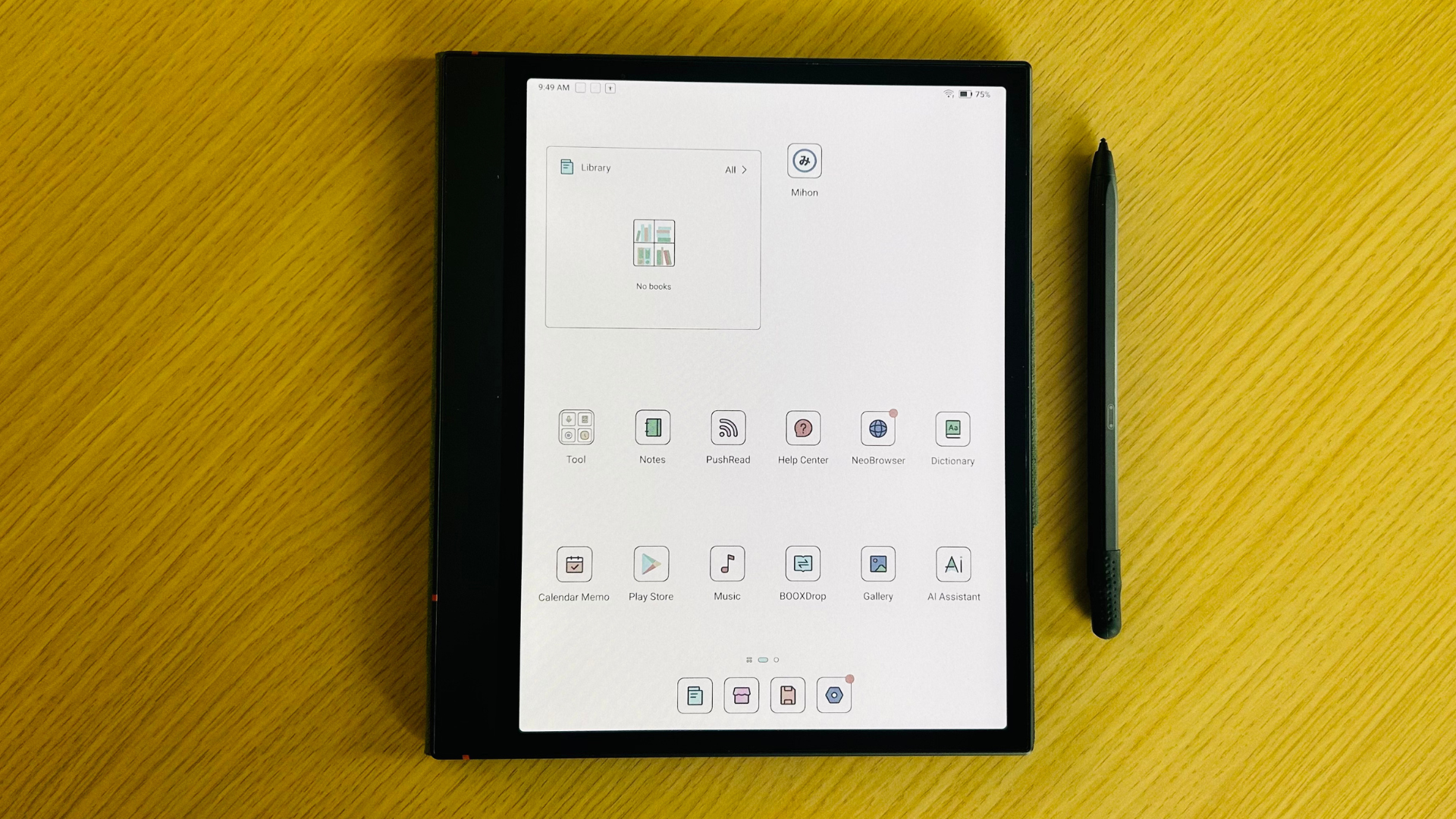Now Reading: Vapour-Sniffing Drug Detector Trialed at US-Mexico Border
-
01
Vapour-Sniffing Drug Detector Trialed at US-Mexico Border
Vapour-Sniffing Drug Detector Trialed at US-Mexico Border

Quick Summary
- The US Customs and border Protection agency is testing the “VaporID,” a device capable of detecting illegal substances like fentanyl from ambient air without physical contact.
- Developed by the US Pacific Northwest National Laboratory (PNNL), VaporID uses an innovative atmospheric flow tube to increase reaction time for molecules, enhancing sensitivity.
- The portable version of VaporID, weighing 18 kilograms and created by BaySpec, is smaller but less sensitive compared to the original lab version (100+ kg). Tests in Arizona demonstrated reliable detection for various seized drugs such as cocaine, heroin, fentanyl, and methamphetamine using vaporized or swabbed samples.
- Experts caution against over-reliance on this tool due to potential risks like false positives. Drug residue is widespread on items such as paper money or clothing.
- While promising in combating drug trafficking at borders, experts emphasize that addressing the broader opioid crisis requires access to healthcare systems and treatment infrastructure.
indian Opinion Analysis
The deployment of advanced drug-detection technology like vaporid could set a precedent for other nations grappling with substance abuse issues. Nations including India, which face challenges with illicit trafficking and opioid addiction across urban centers and border regions alike, may benefit from similar innovations tailored to local contexts. However, any adoption would require ensuring its effectiveness in real-world scenarios where false positives could lead to unnecessary detentions.
India has historically managed notable public health crises through multi-faceted strategies combining law enforcement with healthcare outreach initiatives-a model potentially applicable here.An integrated framework focused not just on interception but also rehabilitation may be critical if such technologies were adopted locally.























